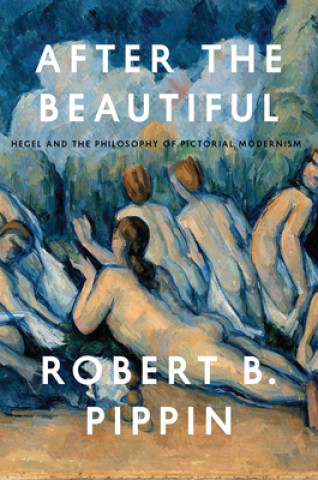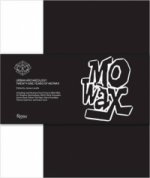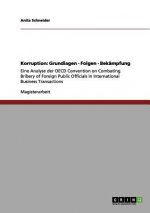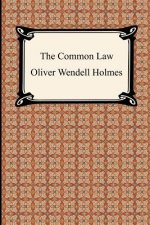
Dostawa
Doradca ds. zakupów
16 131 539 książek w 175 językach







Pokaż wszystkie języki (175)





Jednak się nie przyda? Nic nie szkodzi! U nas możesz zwrócić towar do 30 dni
 Bon prezentowy
O dowolnej wartości
Bon prezentowy
O dowolnej wartości
Bon prezentowy to zawsze dobry pomysł. Obdarowany może za bon prezentowy wybrać cokolwiek z naszej oferty.
After the Beautiful
 Angielski
Angielski
 283 b
283 b
30 dni na zwrot towaru
Mogłoby Cię także zainteresować


In his Berlin lectures on fine art, Hegel argued that art involves a unique form of aesthetic intelligibility - the expression of a distinct collective self-understanding that develops through historical time. Hegel's approach to art has been influential in a number of different contexts, but in a twist of historical irony Hegel would die just before the most radical artistic revolution in history: modernism. In After the Beautiful, Robert B. Pippin, looking at modernist paintings by artists such as Edouard Manet and Paul Cezanne through Hegel's lens, does what Hegel never had the chance to do. While Hegel could never engage modernist painting, he did have an understanding of modernity, and in it art was "a thing of the past," no longer an important vehicle of self-understanding and no longer an indispensable expression of human meaning. Pippin offers a sophisticated exploration of Hegel's position and shows that, had Hegel known how the social institutions of his day would ultimately fail to achieve his own version of genuine equality-a mutuality of recognition - he would have had to explore a different role for art in modernity. After laying this groundwork, Pippin goes on to illuminate the dimensions of Hegel's aesthetic approach via the works of Manet, drawing on art historians T. J. Clark and Michael Fried, and concludes with a look at Cezanne to explore the relationship between Hegel and the philosopher who would challenge Hegel's account of both modernity and art - Martin Heidegger. Elegantly interweaving philosophy and art history, After the Beautiful is a stunning reassessment of the modernist project and what it means in general for art to have a history. It is a testament, via Hegel, to the distinctive philosophical achievements of modernist art in the unsettled, tumultuous era we have inherited.
Informacje o książce
 Angielski
Angielski




 Jak kupować
Jak kupować
























